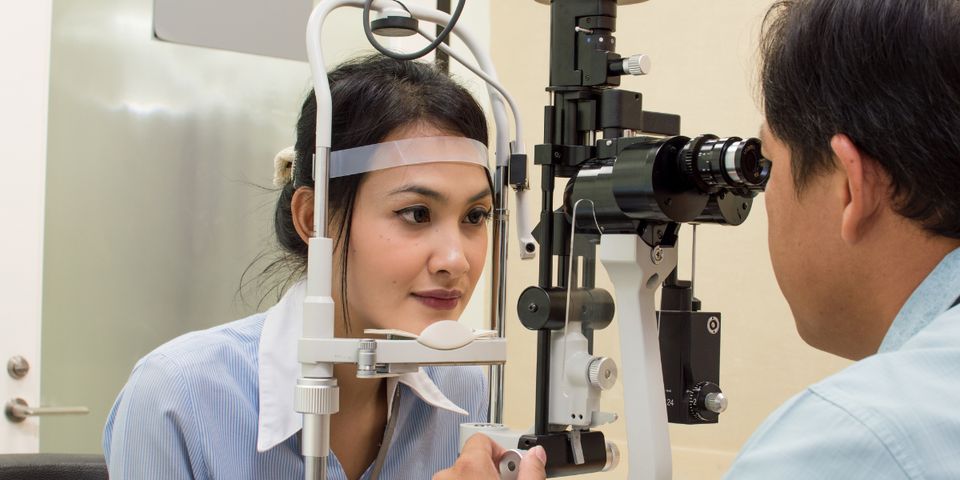
People can experience various eye conditions in their lifetimes, including astigmatism. Optometrists check for this condition during dilated eye exams, with astigmatism occurring because of shape issues affecting the cornea or lens. The cornea is the eye's front surface, while the lens is within the eye. Problems with either of these parts impact the way light passes through the retina or the tissue layer in the back of the eye near the optic nerve. The following guide explores this condition and its treatments.
Causes
While the cause of astigmatism remains unknown, it is believed to have genetic origins. Some people are born with this refractive error-based eye condition, even if their symptoms do not manifest until young adulthood. Others experience astigmatism because of eye surgery, such as LASIK or cataract surgery, or because of eye infections and diseases. A rare condition known as keratoconus can also cause astigmatism because it changes the shape of the cornea.
Astigmatism is either regular or irregular. If the condition is regular, the eye is evenly misshapen and takes on an oblong shape instead of round. If the condition is irregular, the eye is not evenly misshapen.
Symptoms

Both regular and irregular astigmatism cause distorted, blurry vision because incoming light is not processed correctly. Eye discomfort and headaches often result from the eyes straining to see objects, people, and signs.
Other symptoms include eye strain-related squinting, dizziness, and nighttime vision problems. The pupils dilate in dim lighting to let more light into the eyes, making vision worse when astigmatism is present due to how light hits the cornea or lenses.
Treatment
If an eye exam identifies regular or irregular astigmatism, special glasses or contact lenses may be enough to help you see clearly. Astigmatism eyeglasses and contact lenses bend incoming light correctly as it enters the retina while correcting vision for farsightedness or nearsightedness.
Severe astigmatism can require surgery to alter corneal shapes, improve light-focusing abilities, or replace the natural lens with a synthetic version. The latter treatment is known as lens replacement surgery and is recommended only for individuals with both astigmatism and cataracts, or lenticular astigmatism. A rare type of irregular astigmatism, lenticular problems create different refractive indexes in different lens sections and are often noticeable during cataract exams.
If you suspect you might have astigmatism, schedule an eye exam with Russellville Eye Clinic PA in Russellville, AR. Offering various eye surgeries in addition to eye exams, contact lenses, and eyeglasses, this vision center has won Best of the Best Readers' Choice Awards seven years running. Call (479) 968-7302 to make an appointment, or learn more about their services online.
About the Business


